Stanford University
The 1898 North Carolina Election
Pupils discuss why the Democrats defeated the Fusion ticket in the 1898 North Carolina election. In this content area reading instructional activity, learners explore three primary documents and answer guiding questions that help them...
Stanford University
Reconstruction Structured Academic Controversy (SAC)
Young scholars debate whether African Americans were free during Reconstruction. In this debate instructional activity, students use primary documents to support their argument as to whether African American were free during the...
Curated OER
Radical Reconstruction
Students explore the Republican plan for Radical Reconstruction. In this reading comprehension lesson, students use a PowerPoint presentation given by the teacher and multiple texts to answer questions that help them understand why the...
Curated OER
The Battle of the Little Bighorn
Students assess how point of view can change a story. In this content area reading lesson, students read about the Battle of the Little Bighorn from three different sources. Students answer questions based upon their reading and draw...
Polk Brothers Foundation Center for Urban Education at DePaul University
De Paul University: Center for Urban Education: History Thinker: Analyze Then Summarize [Pdf]
This Center for Urban Education resource provides a downloadable worksheet. Students will read about a historical event and answer scaffolded questions that will help them retell what happened, explain the causes and effects, and then...
Polk Brothers Foundation Center for Urban Education at DePaul University
Depaul University: Center for Urban Education: Content Vocabulary [Pdf]
This graphic organizer will assist student with learning technical words from content area reading. This graphic organizer is a copyrighted material that may be used for educational purposes.
Polk Brothers Foundation Center for Urban Education at DePaul University
De Paul University: Center for Urban Education: Analyze Hist: Challenge, Choice, Changes [Pdf]
Students can use this chart to help them analyze the cause(s) and effect(s) of historical events. Students will identify historical events and then identify the effects that follow afterward. Extension questions are provided after the...
Utah Education Network
Uen: Africa, a Look Through the Eyes of a Child
As an introduction to the seven continents unit, 2nd graders will read and explore assorted informational texts about Africa. Students will answer the following questions to acquire knowledge about the continent: Who? What? Where? Why?...
Utah Education Network
Uen: The Good, the Bad, and the Both
After exposures to assorted forms of informational text and media, Istudents will identify positive and negative effects of microorganisms. Students will explore how some micooorganisms have overcome their negative attributes while...
Polk Brothers Foundation Center for Urban Education at DePaul University
De Paul University: Center for Urban Education: Comprehensive Assessment: Nonfiction [Pdf]
Questions are provided to help students determine the main idea, topic, purpose, and opinion of a piece of nonfiction. Students are prompted to write a summary of the informational text.
Annenberg Foundation
Annenberg Learner: Analyzing Complex Text
During this lesson, students will use close reading strategies to analyze aspects of the setting in The Adventures of Huckleberry Finn by Mark Twain. [7:57] CCSS.ELA-Literacy.CCRA.R.10, RL.11-12.10a/b Text Complexity
AdLit
Ad lit.org: Five Areas of Instructional Improvement to Increase Academic Literacy
How can content-area, non-reading-specialist teachers contribute to academic literacy? They can incorporate these five techniques throughout their lessons: (1) provide explicit instruction and supported practice in effective...
AdLit
Ad lit.org: Use Easy Nonfiction to Build Background Knowledge
A Texas librarian shares his strategy of using nonfiction picture books to introduce new concepts to struggling adolescent readers and to build their background knowledge. Once students have been exposed to academic content in easy...
AdLit
Ad lit.org: Using Technology to Support Struggling Students: Vocabulary
To be scientifically literate, students must be able to express themselves appropriately. Learn how to help struggling students master specific vocabulary and be able to use it in their science writing activities.
AdLit
Ad lit.org: Content Area Literacy: Mathematics
Of all the academic disciplines taught in middle and high school, the one we least expect to entail reading extended texts is in mathematics, but math texts present special literacy problems and challenges for young readers.
AdLit
Ad lit.org: Content Area Literacy: History
The ability to read historical documents including contemporary explications about societal, economic and political issues provides a direct link to literacy as preparation for citizenship. As in the other disciplines, schools are unique...
AdLit
Ad lit.org: Content Area Literacy: Science
The demands of comprehending scientific text are discipline specific and are best learned by supporting students in learning how to read a wide range of scientific genres. Besides text structures emphasizing cause and effect, sequencing...
AdLit
Ad lit.org: The Content Literacy Continuum: Improving Adolescent Literacy
The Content Literacy Continuum (CLC) is a tool for enabling teachers and administrators to evaluate literacy instruction/services offered within a school and to formulate a plan for improving the quality of those services. This article...
Polk Brothers Foundation Center for Urban Education at DePaul University
De Paul University: Center for Urban Education: I Can Draw Conclusions: History Analysis [Pdf]
Graphic organizers are provided to help analyze the importance of people in history and to place events in chronological order. Guiding questions are provided to help guide students
Polk Brothers Foundation Center for Urban Education at DePaul University
De Paul University: Center for Urban Education: Classify and Summarize Information [Pdf]
This learning module contains a link to graphic organizers that will help students categorize content and comprehend short and extended texts. The graphic organizers are designed to be applied to reading nonfiction passages in science...
Polk Brothers Foundation Center for Urban Education at DePaul University
Depaul University: Center for Urban Education: I Can Compare and Contrast [Pdf]
This resource is a poster that includes cues that will help students compare and contrast information. These questions can be applied to fiction and nonfiction passages.
Polk Brothers Foundation Center for Urban Education at DePaul University
De Paul University: Center for Urban Education: I Can Locate and Classify Information [Pdf]
A blank T-Chart is provided for students to use as they sort facts into two categories. Students will classify science information with this aid.
Polk Brothers Foundation Center for Urban Education at DePaul University
Depaul University: Center for Urban Education: Interpreta La Historia [Pdf]
Students will read about a historical event and then illustrate their interpretations. Questions are included to extend the students' comprehension of the events. This activity is written in Spanish.
Polk Brothers Foundation Center for Urban Education at DePaul University
Depaul University: Center for Urban Education: Interpet History [Pdf]
Students will read about a historical event and then illustrate their interpretations. Questions are included to extend the students' comprehension of the events.






![De Paul University: Center for Urban Education: History Thinker: Analyze Then Summarize [Pdf] Unknown Type De Paul University: Center for Urban Education: History Thinker: Analyze Then Summarize [Pdf] Unknown Type](https://d15y2dacu3jp90.cloudfront.net/images/attachment_defaults/resource/large/FPO-knovation.png)
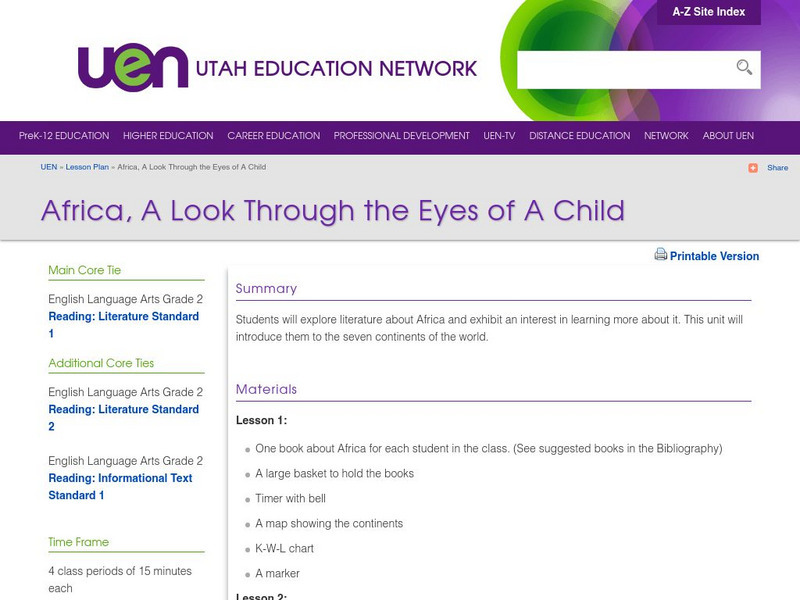


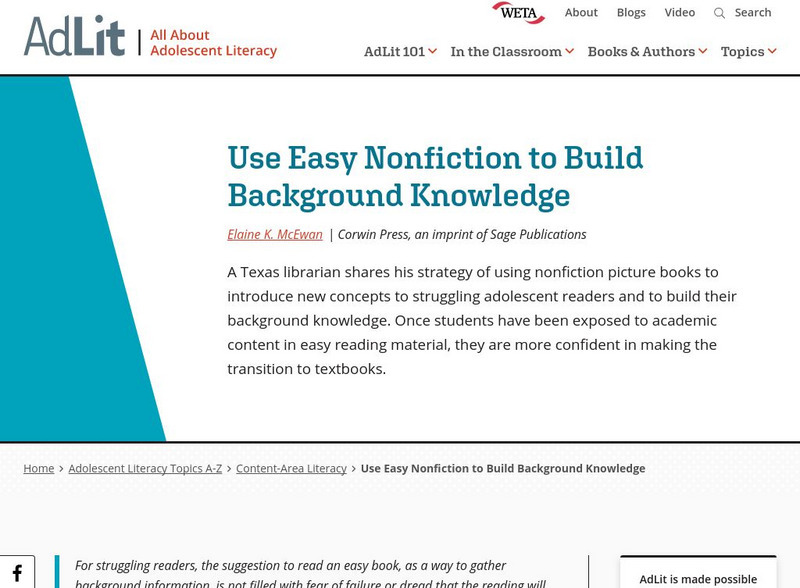
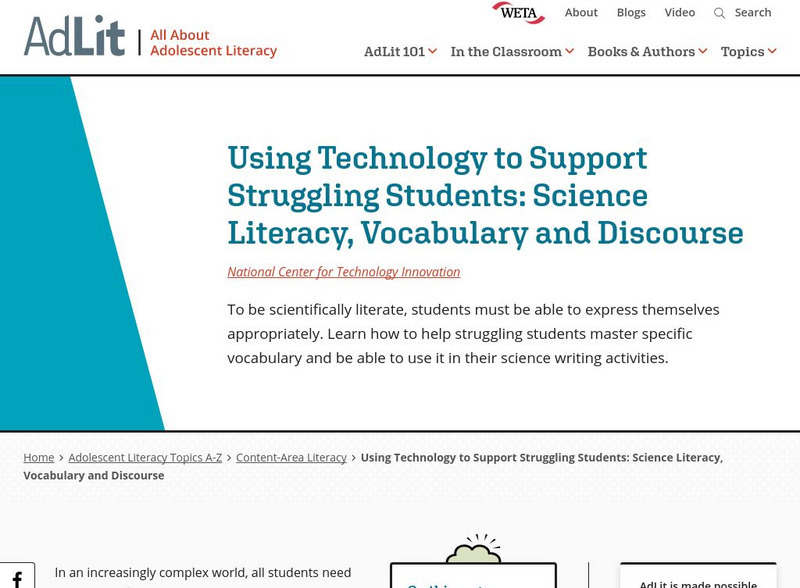
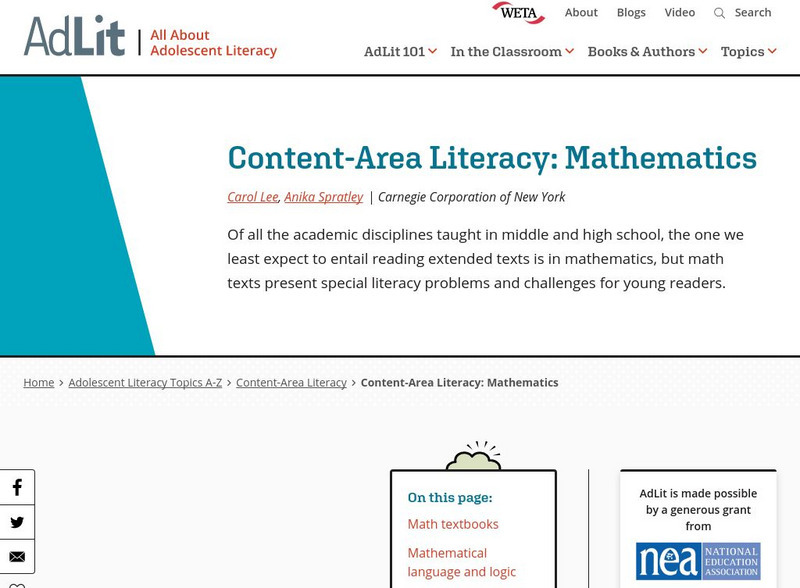


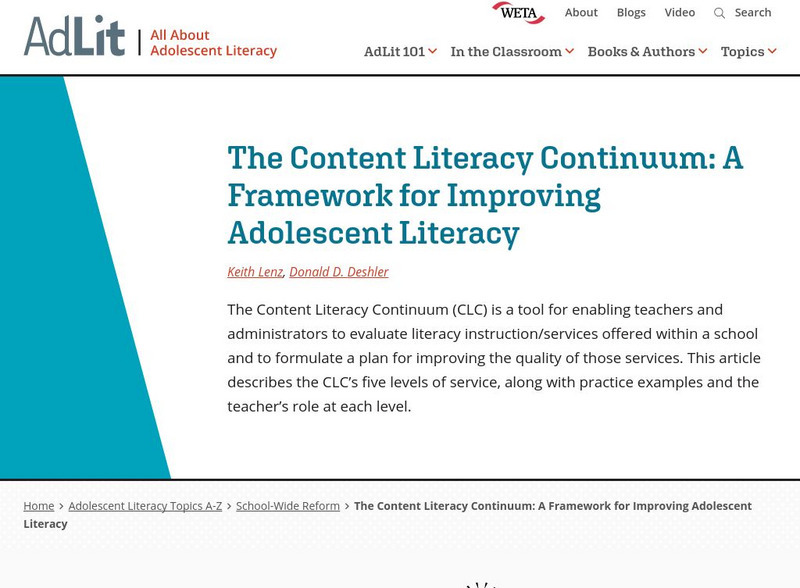
![De Paul University: Center for Urban Education: Classify and Summarize Information [Pdf] Unit Plan De Paul University: Center for Urban Education: Classify and Summarize Information [Pdf] Unit Plan](https://content.lessonplanet.com/knovation/original/78057-7ba90e0b8b82fde8e26d306a4af31f79.jpg?1661787062)